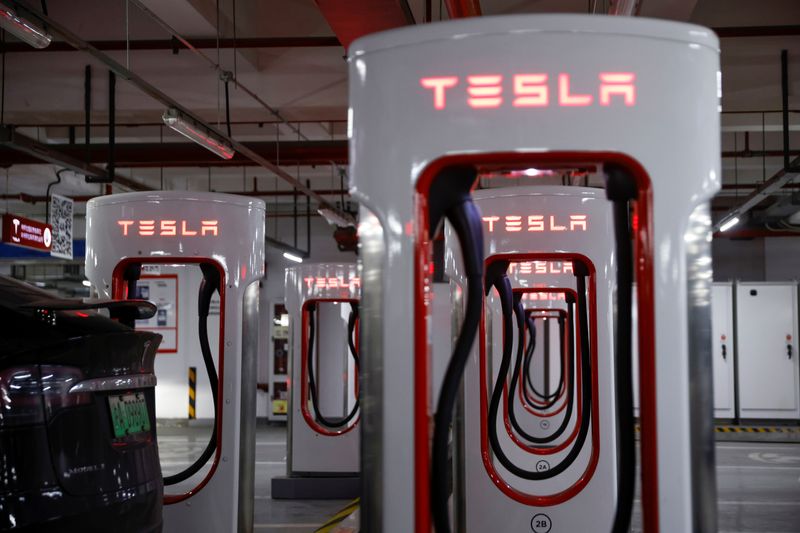This post was originally published on this site

According to federal regulations, companies must provide NACS rival, Combined Charging System (CCS) as a basic offering to qualify for the funds. CCS is the preferred U.S. standard under the Biden administration. However, individual states have the authority to impose additional requirements at a local level before distributing the federal funds.
Other states, including Washington, which has previously discussed similar plans, are closely watching this decision, which marks a significant advancement in Tesla CEO Elon Musk’s efforts to establish the technology as the prevailing charging standard in the United States.
A number of charging companies sent a letter to the Texas Transportation Commission opposing the plan, citing concerns over supply chain issues and certification of the Tesla technology. The opposing companies noted concerns that unforeseen problems with Tesla’s tech could jeopardize a smooth rollout of EV chargers.
The letter was enough to force a pause on the vote twice, as the commission sought to better understand NACS and the consequences of moving forward. Nonetheless, the commission vote to approve the plan Wednesday was unanimous.
“The two-connector approach being proposed will help assure coverage of a minimum of 97% of the current, over 168,000 electric vehicles with fast charge ports in the state,” said Texas’ DOT director, Humberto Gonzalez, in a presentation of the state’s plan to the commissioners.
Shares of TSLA are down 1.68% in mid-day trading Wednesday.

